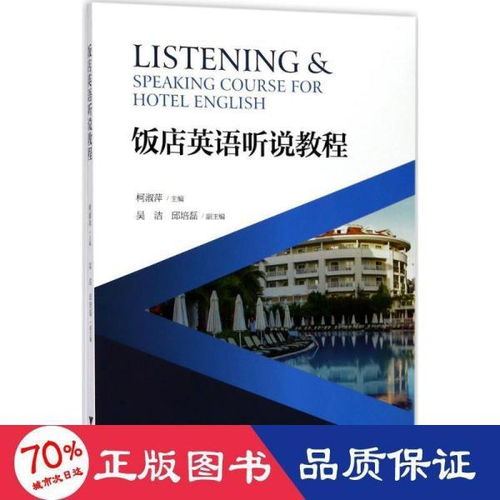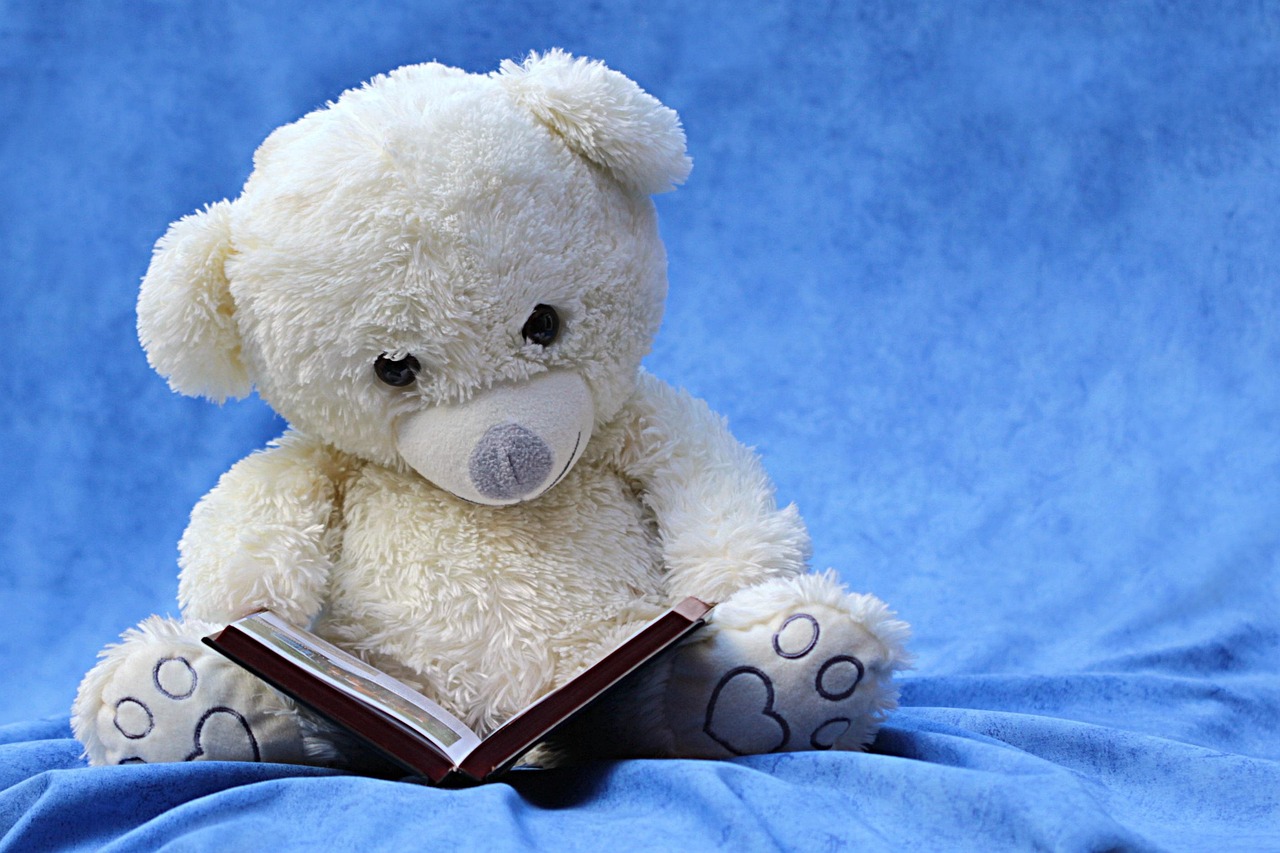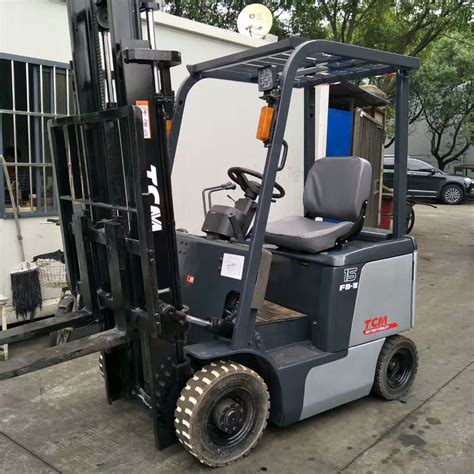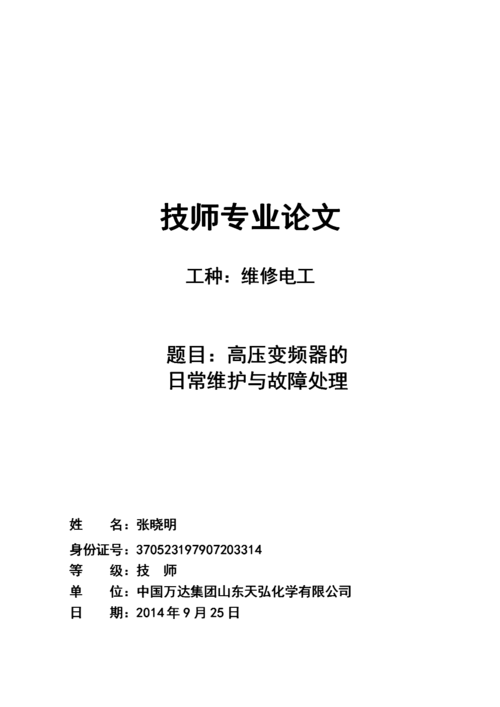Title: Crafting Effective Hotel English Teaching Materials
In designing hotel English teaching materials, it's crucial to ensure they are both comprehensive and engaging, catering to the specific needs of hospitality professionals. Here's a structured approach to creating effective hotel English teaching materials:

1. Needs Analysis:
Conduct a thorough needs analysis to identify the language requirements of hotel staff. Consider various departments such as front desk, housekeeping, restaurant, and management.
2. Language Skills:
Speaking:
Include roleplays and dialogues focusing on typical interactions with guests, handling complaints, and taking reservations.
Listening:
Provide audio materials of reallife hotel scenarios for listening comprehension exercises.
Reading:
Incorporate hotelrelated texts like emails, guest feedback, and signage for reading practice.
Writing:
Offer tasks such as drafting emails, reports, and guest welcome letters to enhance writing skills. 3. Key Vocabulary and Phrases:
Compile lists of essential vocabulary related to hotel facilities, amenities, guest services, and common phrases for guest interactions.
Organize vocabulary by themes or departments to facilitate learning and retention.
4. Grammar Points:
Focus on grammar structures commonly used in hotel contexts, such as present simple for routines, modal verbs for requests, and conditionals for hypothetical situations.
Provide clear explanations and relevant practice exercises.
5. Cultural Awareness:
Include cultural nuances and etiquette specific to the hospitality industry, such as greetings, tipping customs, and appropriate guest interaction.
Integrate materials that promote crosscultural understanding and sensitivity.
6. TaskBased Activities:
Design tasks that simulate reallife situations encountered in hotels, encouraging learners to apply language skills in practical scenarios.
Incorporate group activities, pair work, and simulations to promote interaction and collaboration.
7. Authentic Materials:
Utilize authentic materials such as hotel websites, brochures, menus, and reservation forms to expose learners to realworld language use.
Adapt materials to suit different proficiency levels, ensuring they are challenging yet accessible.
8. Technology Integration:
Incorporate multimedia resources like videos, podcasts, and online quizzes to enhance engagement and cater to different learning styles.
Utilize language learning platforms and apps for additional practice and reinforcement.
9. Feedback and Assessment:
Provide opportunities for regular feedback and selfassessment to monitor progress and identify areas for improvement.
Include both formative and summative assessments to evaluate language proficiency and mastery of hotelrelated tasks.
10. Continuous Improvement:
Regularly update and refine teaching materials based on learner feedback, industry trends, and emerging language needs.
Stay abreast of developments in the hospitality sector to ensure relevance and applicability of content.
By following these guidelines and principles, educators can develop comprehensive and engaging hotel English teaching materials that effectively equip hospitality professionals with the language skills necessary for success in their roles.











